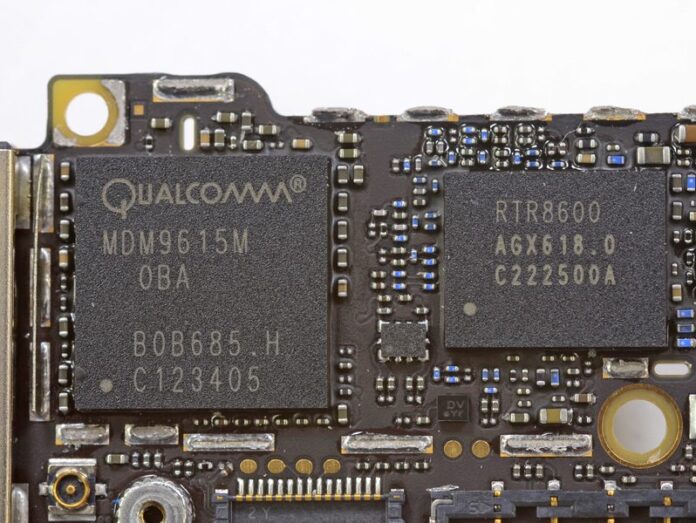Facing allegations of ‘abuse of market dominance,’ Qualcomm calls the fine ‘unprecedented and insupportable’
In a Dec. 28 announcement, the Korea Fair Trade Commission, charged with overseeing and regulating competition in South Korea, charged U.S. chipmaker Qualcomm with leveraging its dominant position in the chip market to drive up royalty prices related to standard essential patents the company controls.
Qualcomm, according to company reps, not only disagrees with the findings and the amount of the fine, but also believes it was denied appropriate due process during the course of KFTC’s investigation.
“Qualcomm strongly believes that the KFTC findings are inconsistent with the facts, disregard the economic realities of the marketplace and misapply fundamental tenets of competition law,” said Don Rosenberg, EVP and general counsel at Qualcomm, said in a statement. “Importantly, this decision does not take issue with the value of Qualcomm’s patent portfolio. Qualcomm’s enormous [research and development] investments in fundamental mobile technologies and its broad-based licensing of those technologies to mobile phone suppliers and others have facilitated the explosive growth of the mobile communications industry in Korea and worldwide, brought immense benefits to consumers and fostered competition at all levels of the mobile ecosystem.”
Standard essential patents represent fundamental mobile technologies that are necessary for a third-party to produce an LTE compatible device, for instance. Major players like Qualcomm, which invests heavily in R&D, hold portfolios of standard essential patents that are licensed to others based on fair, reasonable and non-discriminatory terms and conditions.
Korean regulators allege Qualcomm FRAND practices in the following ways (taken from a translation of the original KFTC documents):
- “Despite requests by competing modem chipset companies, Qualcomm has refused to license, or imposed restrictions on the license for, the cellular SEPs that are necessary for the manufacture and sale of chipsets.”
- “By linking the chipset supply with the patent license agreements, Qualcomm has coerced the execution and performance of unfair license agreements by using its chipset supply as leverage, while circumventing FRAND commitment.”
- “Qualcomm has provided handset companies with only comprehensive portfolio licenses and coerced unilaterally determined royalty terms without conducting a procedure to calculate fair compensation, while coercing unfair agreements, e.g., demanding handset companies to license their patents for free.”
The KFTC announcement refers to Qualcomm as a “vertically integrated monopolistic enterprise that operates business in the patent license market and the modem chipset market, which are upstream markets in the overall market structure.”
Qualcomm counters that no harm to competition is demonstrated; the results violated agreements allowing American companies access to evidence and the ability to cross examine; disrupts established licensing practices; undermines incentives to R&D investment; and results in a fine that is “unsupportable and not reasonably related to the size of the Korean market.”
“For decades, Qualcomm has worked hand in hand with Korean companies to foster the growth of the wireless Internet,” Rosenberg said. “Qualcomm’s technology and its business model have helped those companies grow into global leaders in the wireless industry. This decision ignores that win-win relationship. … Qualcomm’s repeated requests during the KFTC’s investigation for basic due process rights such as access to the case files and the right to cross examine witnesses were denied. These rights and others are supposed to be guaranteed to U.S. companies under the Korea-U.S. Free Trade Agreement, yet the KFTC declined to implement these fundamental procedural safeguards. We are pleased that our appeal will be to the Seoul High Court, which is known to rigorously analyze evidence and apply sound antitrust principles.”

